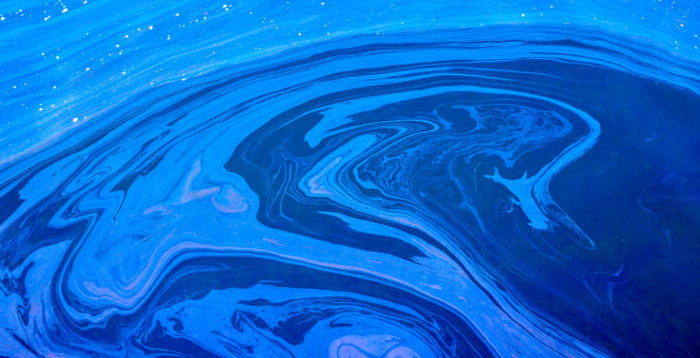The UN environment chief said that “time is running out” to prevent an environmental, economic and humanitarian catastrophe from a deteriorating oil tanker loaded with 1.1 million barrels of crude oil that is moored off Yemen.
Inger Andersen told the U.N. Security Council that an oil spill from the FSO Safer, could destroy ecosystems and livelihoods for decades.
Houthi rebels, who control the area where the ship is moored, have not allowed UN inspectors access to the ship so they could assess the damage and secure the tanker by unloading the oil and pulling the ship to safety.
However, according to the Washington Post, the rebels recently signaled they would approve a U.N. mission to the ship.
What is more, documents obtained by The Associated Press show that seawater has entered the engine compartment of the tanker, damaging pipes and increasing the risk of sinking.
Rust has also covered parts of the tanker and the inert gas that prevents the tanks from gathering inflammable gases, has leaked out.
Moreover, the U.N. humanitarian affairs chief, Mark Lowcock expressed skepticism about Houthi’s offer to allow a U.N. mission to the ship. As he recalled, the Houthis announced a similar initiative in August, only to cancel it on the night before the planned visit.
The Japanese-built tanker was sold to the Yemeni government in 1980s to store up to 3 million barrels pumped from oil fields in Marib province before it was exported. In fact ,the tanker could release four times more oil than the notorious Exxon Valdez.






























































